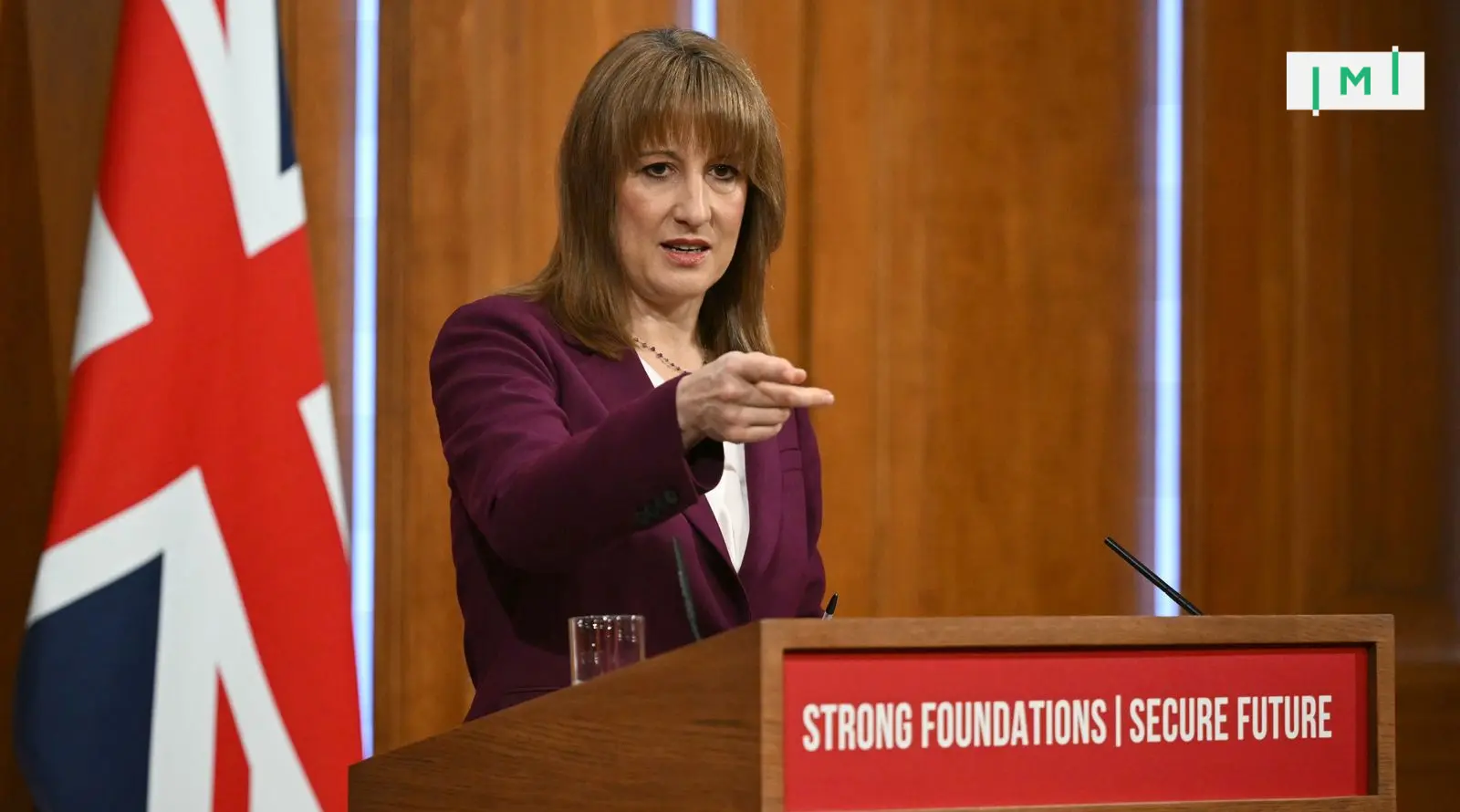The UK is considering a 20% tax on certain assets held by individuals who leave the country, signalling a tougher fiscal stance ahead of the November 26 Budget.
In a Downing Street press conference today, Exchequer Chancellor Rachel Reeves declined to rule out tax rises. She said she will make the “necessary choices” to deliver “growth and fairness,” noting that if the Office for Budget Responsibility cuts its productivity forecast, which indicates lower tax revenue, it would open a £20 billion gap in the public finances.
The proposed “settling up charge” would levy a 20% tax on gains embedded in assets, such as shares or bonds, at the point of exit, echoing elements of the US expatriation regime. According to a report by The Times, the measure could raise approximately £2 billion per year.
Currently, non-residents pay UK capital gains tax on UK property and land, but once they leave, they often pay nothing on other assets.
Government officials are discussing options that would allow people to defer payment over several years and exempt gains accrued before they became UK residents.
A message from our partners
If adopted, the government could legislate the proposal in the Budget and implement it immediately upon announcement on November 26, 2025, or from the start of the following tax year in April 2026.
The Treasury says it is modelling options and has made no decisions, yet Reeves’s tone seems to suggest that taxes will rise somewhere; Labour pledged not to increase income tax, VAT, or National Insurance in its manifesto, narrowing the scope to wealth and capital.
Potentially-Imminent Capital Flight
Conservative leader Kemi Badenoch dismissed Reeves’s speech as “one long waffle bomb” and a “masterclass in managed decline,” and urged spending restraint instead of new levies. The Liberal Democrats called the looming Budget “a bitter pill.”
Marco Mesina, an Italian tax attorney and founder of Move to Dolce Vita, argues that the proposal will backfire. He says “fear-based taxation” accelerates departures and deters arrivals of wealthy individuals, and that “those still undecided about leaving will simply accelerate their departure,” which may inadvertently trigger another wave of capital flight from the UK.
Mesina adds that many of the wealthiest who intended to leave did so before the non-dom regime ended, so a new charge may push the “remaining few” to move earlier.
Similar moves in the US and Norway have prompted wealthier individuals to restructure or relocate in advance, he says, adding that global entrepreneurs often avoid fully entering tax systems that impose exit charges and focus on “settling in jurisdictions that respect their freedom rather than threaten it.”
Mesina also frames the proposed exit tax as a shift away from the UK’s tradition of “openness, flexibility, and trust,” and warns it could chip away at the country’s reputation as a champion of global mobility.


